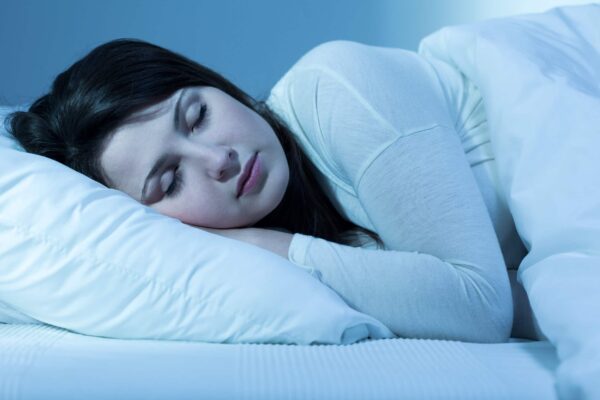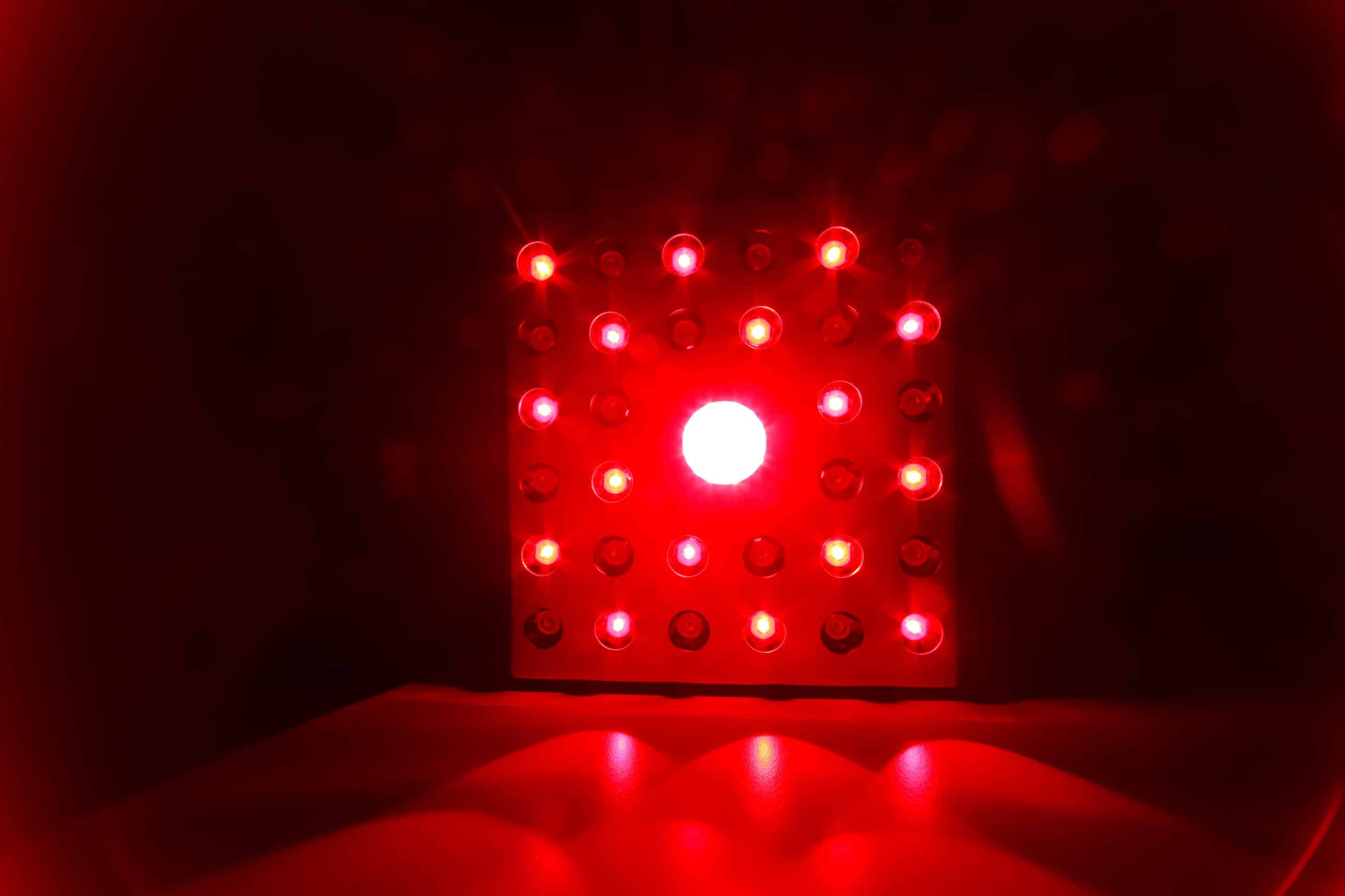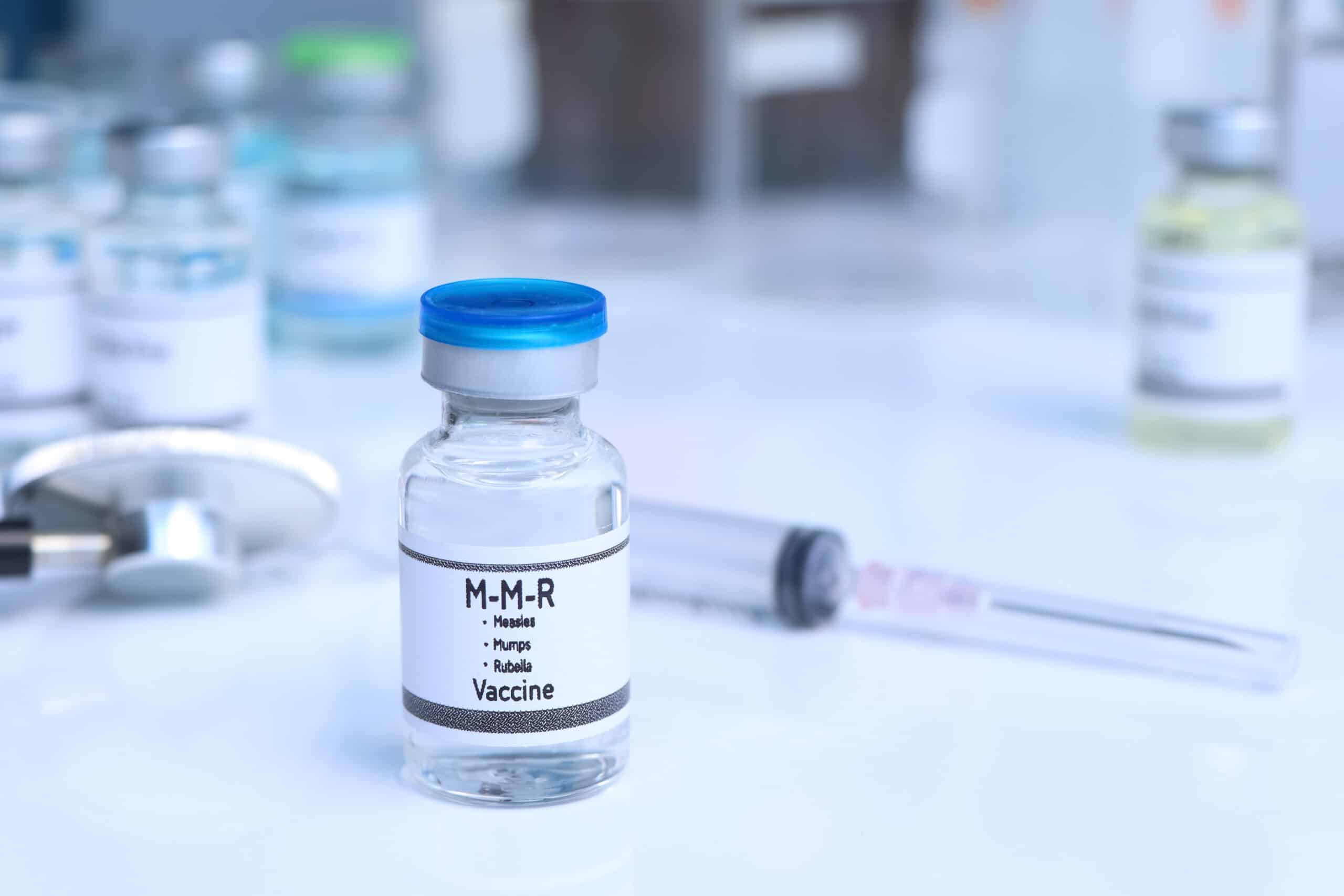“Enjoy the honey heavy dew of slumber.”
Shakespeare’s Julius Caesar certainly had a different view of sleep than modern day Americans, who are more likely to fight off sleep with digital devices and talk of “too much to do.” Sleep has become a vice – a relic of a time gone by that’s no longer relevant to the modern worker. Unfortunately, this view of sleep as something to be avoided seems to forget the extremely important function of sleep in our lives.
We spend roughly one-third of our lives asleep. Proper sleep contributes to our ability to focus, maintain a healthy weight, stay energized, and function optimally throughout the day. It’s essential to our survival as a species and as individuals. Concentration, coordination, memory, and mood are all impacted by sleep. During sleep cycles, our bodies have time to “reset” and rest up for the following day. When that cycle is disrupted on a regular basis, whether through a serious condition like insomnia or just too little sleep most nights, our waking hours are impacted. Specifically, our brains suffer.
In his TED Talk on the subject, Russell Foster explains the importance of sleep from the perspective of a neuroscientist. There are a lot of lessons to learn from the video, so I highly recommend you watch the whole thing, but the biggest takeaway for me was how significantly sleep impacts our moods, memory, and cognitive function.
Here are the top 5 ways our brains are impacted by a lack of sleep (and what you can do to reclaim the hours between sunset and sunrise).
You’re more emotionally reactive (and sensitive): Sleep deprivation has a high emotional cost. A chronic lack of sleep intensifies negative emotions and dulls positive emotions. To test this hypothesis, researchers in Israel studied night shift hospital workers for the first two years of residency (when they are often sleep deprived) and evaluated their responses to events over the last 15 minutes. Some events were positive (goal-enhancing) and some were negative (goal-disrupting). The research found that “sleep loss intensified negative emotions and fatigue following daytime disruptive events, while positive emotion was mitigated following goal-enhancing events. Sleep loss also resulted in an overall elevated baseline for positive emotion.” (Aka, it takes more to make a sleep-deprived person happy and much less to make them upset).
You have more stress and anger: A lack of sleep has a big impact on our moods. In one study, sleep-deprived participants experienced greater stress and anger when asked to take a simple cognitive test than those participants who were not sleep-deprived. There’s a good reason for the disparity. The amygdala (the emotional control center of the brain) is connected to the medial prefrontal cortex. Essentially, in a healthy functioning brain, the amygdala feels emotion and sends it to the medial prefrontal cortex, which then decides how to respond to that emotion. When we’re sleep deprived, the connection between the two parts of the brain is disrupted. This causes the amygdala to overreact, as it is no longer connected to its moderator.
Your ability to learn is impaired: Another area of the brain that suffers dramatically from sleep deprivation is the hippocampus. Your hippocampus’ primary job is to form and store new memories as you learn new information. Chronic sleep deprivation causes the hippocampus to perform poorly on a regular basis, making it difficult to remember newly learned information.
Your memory takes a hit: When the hippocampus fails, it’s not only your ability to learn new information that suffers but your ability to remember anything at all. When we sleep, we process memories from the day and move them from short-term memory to long-term memory. When the brain isn’t functioning properly, the memories of our daily experiences are not transferred and stored properly, leaving many of them lost in translation.
You have a slower reaction time: There’s a reason they say drowsy driving is the same as drunk driving. When you’re exceptionally exhausted from a lack of sleep, your reaction time slows down the same way it slows down when you’re drunk. In fact, a slower response time and lack of judgment as a result of extreme tiredness were factors in the Challenger Space Shuttle tragedy.
How much sleep do you need?
There is no way to know exactly how much sleep you need without trial and error. When babies are first born, they need 14-17 hours of sleep. By the time they become teenagers, that number has dropped to 8-10 hours. Adults need an average of 8 hours each night.
But just because your current sleep habits fit into the average doesn’t guarantee that you’re getting enough sleep for your body. Be honest with yourself; after an 8-hour night of sleep, do you feel refreshed? Do you need an alarm clock to wake you up or can you jump out of bed easily? If 8 hours isn’t enough, then accept that and aim for more sleep until you reach a happy number.
How to improve the quality (and quantity) of your sleep
Skip the blue light: Devices that give off a blue light (like cell phones and computers) mess with your circadian rhythm and make it more difficult to fall asleep and stay asleep. To avoid the blue light, move your alarm clock to the floor or face it away from you. As for your phone, switch it to “night mode” (which changes the blue light to a red light) a few hours before bed.
Dim the lights: Light stimulates the brain and tells it it’s morning, and it’s time to be awake. By dimming the lights about a half hour to an hour before you go to bed, you can start to convince your brain that it’s time to shut down. This is especially important when you go to the bathroom to get ready for bed. As Russell Foster points out in his TED Talk, looking in a mirror in a brightly lit bathroom to wash your face and brush your teeth is just about the worst thing we can do right before bed.
Seek out morning light: Are you noticing a trend here? Light is so essential to your body’s circadian clock that it’s important to get the proper amount of light both at night and in the morning. By exposing yourself to bright lights first thing in the morning, you’ll help set your circadian clock for the rest of the day.
Stop drinking caffeine after lunch: If you drink caffeine very late in the day, it may disrupt your brain waves and keep you feeling “wired” when you’re trying to fall asleep. This often leads to substances like alcohol or sleep aids, which don’t actually allow your brain to fall asleep, but rather to sedate the brain for a few hours.
I cannot say enough about the importance of sleep. So many components of your physical, mental, and emotional health are intricately linked to the amount of sleep you get on a consistent basis.
Which of these sleep tips will you incorporate into your daily routine to start maximizing your sleeping hours? Reach out to Peninsula Doctor to discuss sleep and how it impacts your daily life.



